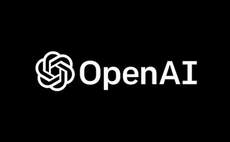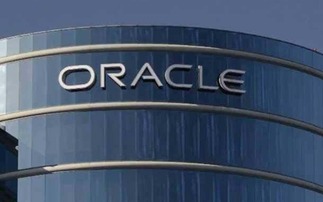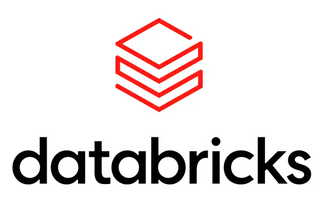
Artificial intelligence is opening up the sporting world to new fans and giving long-time enthusiasts a fresh way to appreciate contests fought on the green, pitch or court.
While interest is high in generative systems like IBM's shot analysis, these are still proofs of concept. But more traditional analytical AI is in use today.
"AI has been quite prevalent in sport this summer: this whole concept of probabilities and outcomes," says Ryder Cup CTO Michael Cole.
"We've seen it in tennis, as we've seen it in rugby, we've seen it in football, we've seen it in cricket. So for me it felt very right to consider how we may use statistical analysis, if you like, to create probabilities or outcomes into The Ryder Cup in 2023."
Cole is talking about Outcome IQ, a cooperative endeavour between The Ryder Cup and Capgemini. Using historic data from each Ryder Cup dating back to 1985, the system provides live and historical outcome probabilities for each hole, match and the overall tournament, as well as identifying the shots and moments that "really mattered" throughout the Cup.
Unlike IBM's work with Wimbledon, the partners specifically wanted to veer away from predictions. Rory Burghes, VP at Capgemini, acknowledges these are "challenging" in live sport. Probabilities, on the other hand, help provoke conversation.
"For me, whatever we built needed to add to the narrative. The data and the insight in itself is interesting, but how does it stimulate a conversation?"
From Green To Screen
The first step is, of course, gathering the data - a challenge for a tournament that began nearly 40 years ago.
Rebuilding key data points from the earliest events slowed development, but eventually the team was able to collate and send it to Capgemini. The consultancy, in turn, used it to create the algorithms and modelling to produce the Outcome IQ system.
"What I call ‘green to screen' was pretty much a fully automated AI operation, with no intervention from humans," says Cole, "but we have constant surveillance and monitoring the data. We run extensive testing.
"We effectively simulated every Ryder Cup from Whistling Straits [in 2021,] and also our Hero Cup earlier this year...and we used those simulations to effectively test the integrity of the data."
That was no small task: the team ran simulations "pretty much daily" for six weeks to make sure they were happy.
"It was critical that we had confidence in the data and the outcomes it was delivering."
After trustworthiness, the next step - one technologists often miss - was making sure the information was usable.
"To have something that looks good on screen does take a bit of work," says Burghes. "You've got to really think about the way in which it's being surfaced. It's very easy to surface data, but it's harder to give the viewers something they can actually understand and digest, or that the broadcast can understand and use."
And broadcasters certainly did use it: networks like NBC and Sky referred to the Outcome IQ data multiple times a day throughout their Ryder Cup coverage.
Bridging The Gap
Presenting all of this trustworthy, usable data played into one of The Ryder Cup's key themes for the 2023 event: reimagining the spectator experience.
Cole says, "We wanted to bridge that gap between what I call the armchair fan and the on-course spectator... A key vision that we've had this year is very much to bridge the gap and reimagine that spectator experience, to give them the equivalence of what the TV product does today for that armchair fan."
The Outcome IQ data analysis was accessible on The Ryder Cup's website and app - and even to players, once they left the fairway. The stats suggest that uptake was beyond the team's expectations.
"We know our website had 27 million pageviews, and scoring and Outcome IQ had about 45% of those. It was, without a shadow of a doubt, our most popular feature available through the website."
The Ryder Cup and Capgemini partnership will last at least until the 2027 tournament, and they plan to use the learnings and capabilities from this cycle to extend Outcome IQ as an ongoing feature into the golfing world.
"We were so enthused with success of the feature - the way it really offered insights into unfolding drama and could forecast probabilities at every hole and give critical predictive outcomes for every match - it's something we want to build on for future," said Cole.
"Part of our vision is to reach new audiences, and we have to do that by changing the narrative and conversation. Tech adds new colour to what is quite a traditional sport."
This article was originally published on our sister site, Computing UK.



















